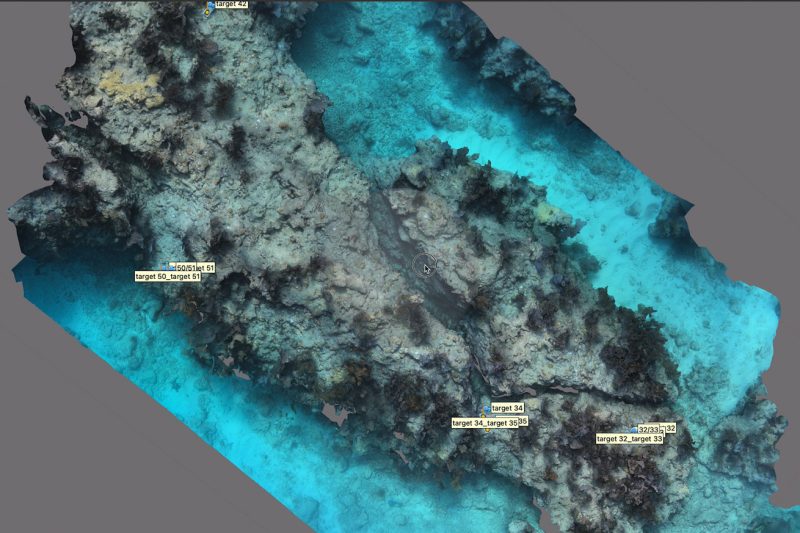The earth’s coral reefs are disappearing quickly due to human activity, collective climate change, and natural disasters. Some estimates indicate that over a quarter of coral reefs have already died in the last 20 years, causing a global decline in ocean health and biodiversity.
Fortunately, artificial intelligence (AI) may be able to help slow the decline of coral reefs and even help restore them. AI can be used to analyze how the environment is changing and how it is likely to change in the future. This data can then be used to develop ways to protect coral reefs from environmental threats.
For example, AI can be used to monitor coral reefs. This is done by using images recorded by cameras, satellites, or even unmanned aerial vehicles (UAVs). This imagery can be analyzed to identify areas that are potentially vulnerable to environmental stressors such as pollution and overfishing.
In addition, AI can be used to collect data from ocean sensors. This data can then be used to develop models that accurately predict the impact of climate change on coral reefs. This information can then be used to prioritize actions for protecting the reefs.
Finally, AI can be used to simulate ocean conditions and how they could change in the future. This is important for understanding how climate change could affect coral reefs and how protective measures should be implemented.
In short, AI has the potential to greatly help us to improve our understanding of the environmental threats to coral reefs and how to protect them. This could help us slow their decline and potentially even restore them. It is an exciting example of how AI can help us to protect our precious oceans and the life within them.

